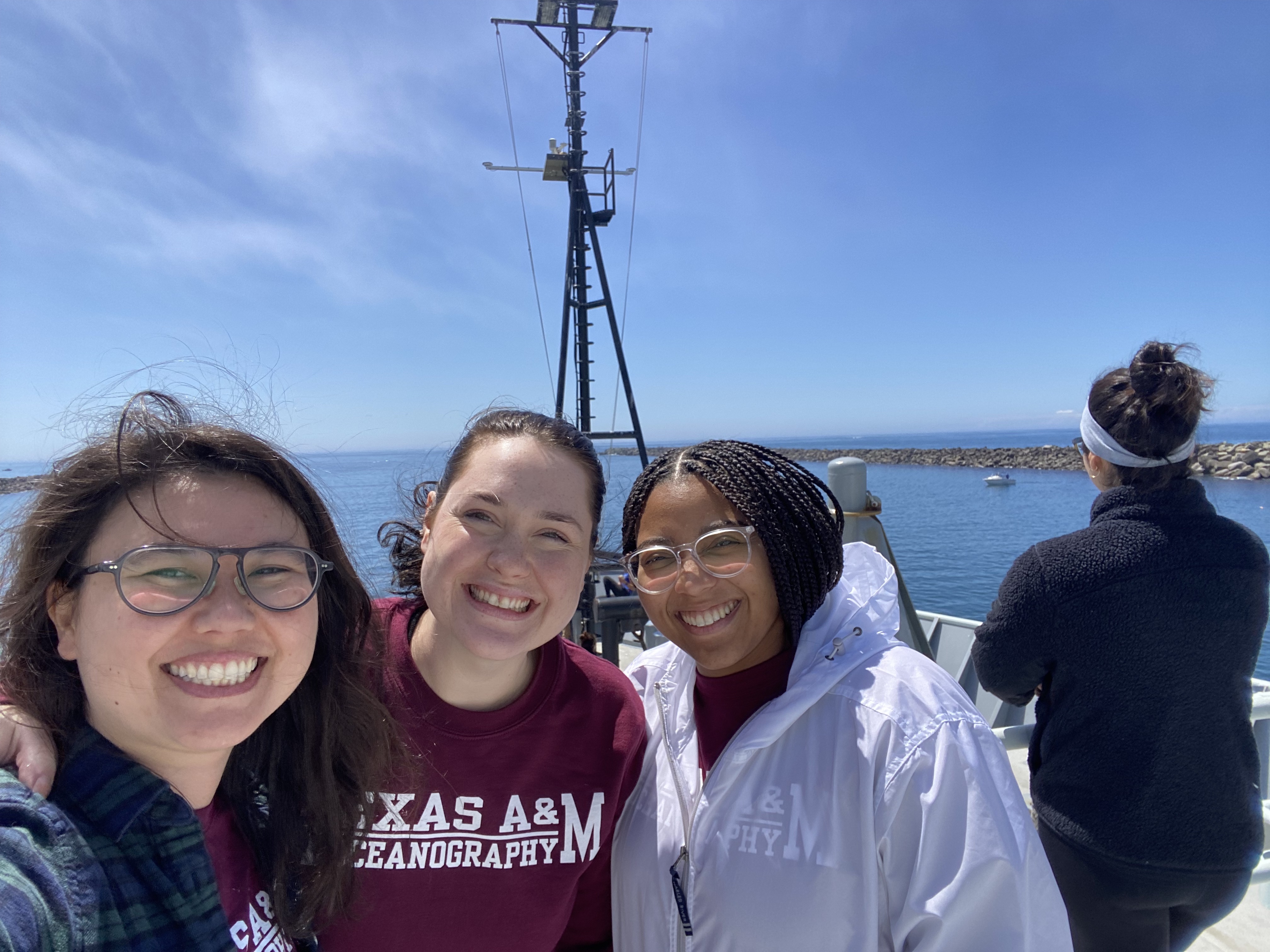Lab community
1 Welcome to the lab

2 Guidelines & expectations
In this lab we prioritize creating a positive, welcoming, and warm environment. Science is for everyone. Science can be extremely frustrating and challenging. Thus, the space we create as a lab community is collaborative and encouraging. By joining the lab you’re effectively ‘signing a commitment’ to the below rules and becoming a part of a collaborative, respectful environment that you will contribute to.
Lab rules
- Safety first
- Be an ally
- Make mistakes
- Learn & train
2.1 Expectations
2.1.1 What can you expect from me?
My job: As an advisor, my role is to aid in providing you the best environment for you to ask your scientific questions, learn the technical skills you want to gain, and develop into the scientist you want to be.
Mentorship approach: My personal approach to mentoring involves regular check-ins and updates on what you are working on. The frequency of these meetings may change as we get to know one another and as each project progresses. Clear guidelines and established modes of communications between advisors-mentees is crucial for (1) having a positive research experience and (2) doing our absolute best science together!
Feedback: There’s no other way to put it other than, I’m a nerd and I love learning new things. Mentoring is something that is learned and practiced. I will continue evolving my mentoring and teaching abilities and approaches. If you have feedback for me, please share. My first self assessment I will share with you is that I can be wordy, hence this super long document.
Schedule: I typically keep “regular” business hours, ~8am-5pm, and I try to not work on the weekends. If weekend work comes up, it is usually because I took some time off during the week. When I am not available for an entire day or days, I will typically give you plenty of notice. When available, I will prioritize meetings with you. However, my schedule can get pretty challenging - so try to plan ahead to meet with me and if you have to cancel, try to give me advanced notice.
2.1.2 What can I expect from you?
Prioritize your health and well-being.
Contribute to lab community: When you join our group, you’re joining a community! We all rely on each other for support, feedback, and exciting science.
Feedback: I will continually give you feedback. If we need to fine tune this, we will (e.g., increase by having more meetings or more hands-on time, or decrease by meeting less frequently, etc.). Feedback can sometimes be difficult to hear and process, that’s a fact. I plan to be constructive, helpful, supportive, and honest with you.
Schedule: I do expect to see you around! Our jobs are very flexible with respect to timing, which is great! This also means we can often overwork. Please prioritize your health and well-being when it comes to scheduling your work week. I am comfortable with you working away from your office on campus, but sharing your plans to hold a regular schedule would be preferred. This is mainly because I may want to schedule a meeting with you, quickly touch base, or send you a message when you are working (instead of when you are not working/unavailable). Similarly, if you will be away - some heads up is helpful for everyone.
Lab meeting: I expect all lab members to attend lab meetings when possible. Absences are completely fine, as long as they are planned/mentioned ahead of time or necessary. During each meeting, I will check-in with everyone to see how their previous week went and what is planned for the upcoming week. This is a great opportunity to check-in with your peers, run ideas by the group, or discuss topics in the field. Themed lab meetings are welcome and may include: journal club paper discussion or discussion of presented hypotheses, demo of technical skill, invited guest speakers, practice talk for an upcoming presentation, or preliminary presentation of new data.
We will also hold Code Club as often as possible. This is a time to learn computational skills from each other and share what you are working on. We will review coding methods applicable to bioinformatics, the R programming language, and using HPC resources.
2.2 On-boarding
When you join the lab, get access to Slack and the shared Google Drive space (use your TAMU email address). This is where the majority of communication and document sharing will go. We even have a checklist page in the Google drive to make sure you’ve sorted all the appropriate paperwork and training before you step into the lab.
Computational resources: We have shared storage on the TAMU HPRC and documentation on how to use the HPRC, access shared data resources, and where to go when you need help.
